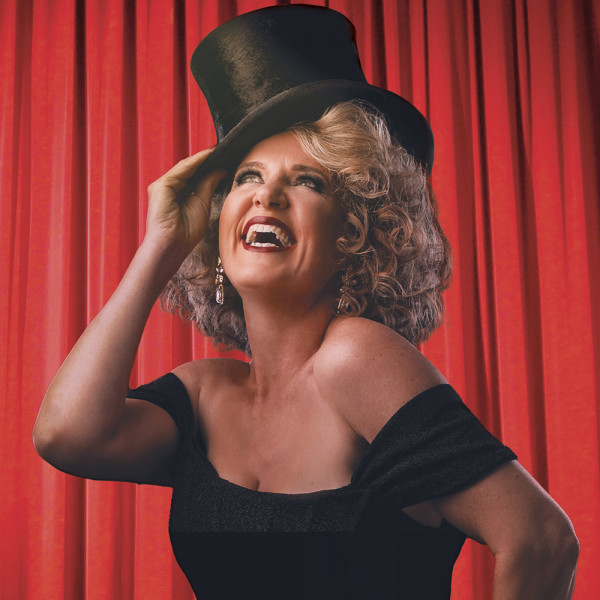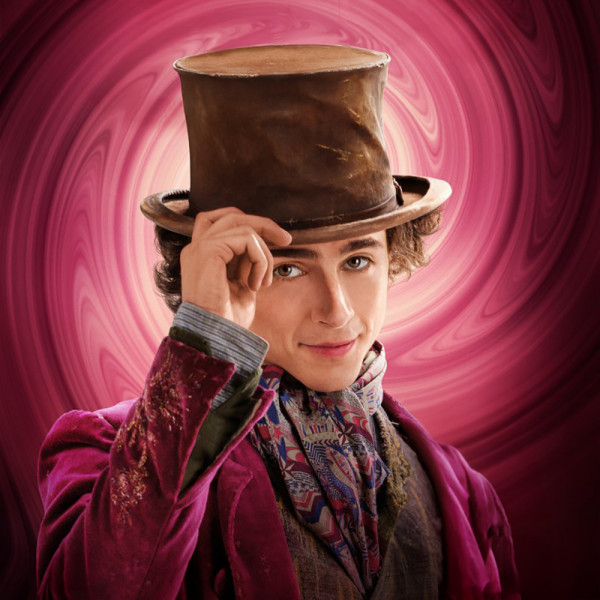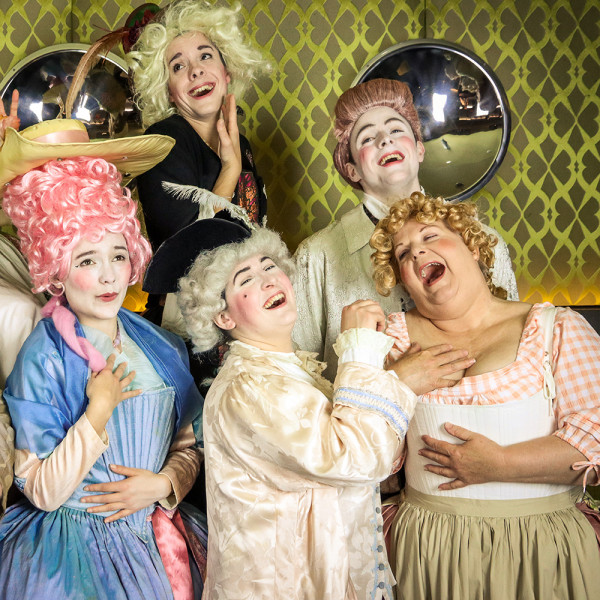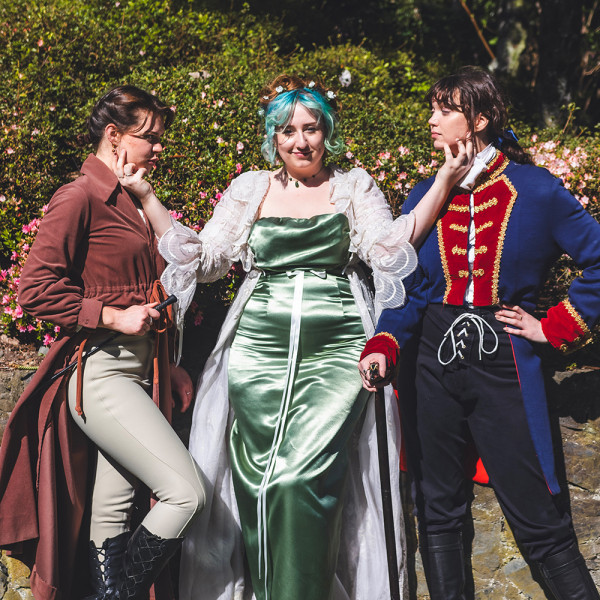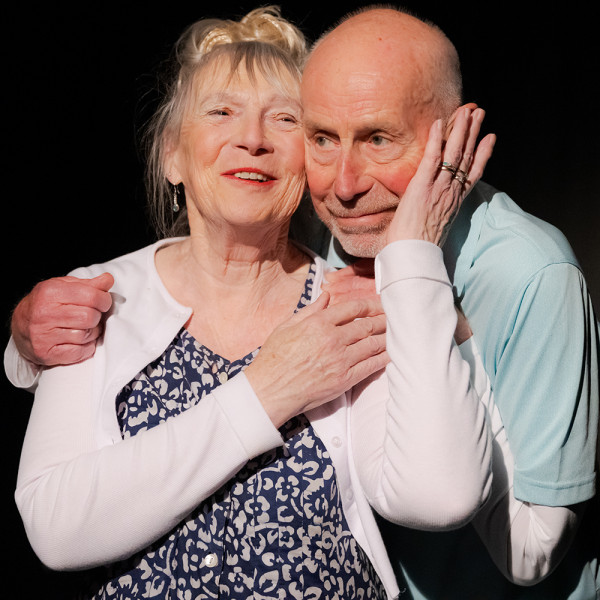
Lads on the Island
Written by: Sam Brooks
Directed by: Nī Dekkers-Reihana
Circa Theatre, 3rd Feb 2024
Reviewed by: Tanya Piejus
Loosely based on Shakespeare’s The Tempest, Lads on the Island is a modern reimagining of Prospero’s retreat into a blue funk, not because of the betrayals of a treacherous family but from being dumped by his girlfriend.
Joining magician Prospero (Finley Hughes), as in the original, is the spirit Ariel (Reon Bell) who he magically enslaves as his companion in misery. The lads spend their time drinking beer, arguing about Sherlock Holmes, singing, and dad-dancing to pop songs. But the lads are not alone on their virtual island of self-pity and must deal with visitations from Prospero’s sister Miranda, Ariel’s boyfriend Sebastian, Ariel’s mum Sycorax, and Fern, Prospero’s ex (all played by Bronwyn Ensor).
This trio of actors is a delight with a warm, infectious chemistry between Hughes and Bell, and superb support from Ensor, who is particularly delicious as the all-powerful Sycorax. Bell shines as the loving, supportive Ariel who stands by his bestie despite Prospero’s fretting and whining. Far from being just another tale of a broken heart, this magical production, beautifully woven by playwright Sam Brooks and Dekkers-Reihana’s natural direction style, conjures an exquisite story of the enchanting and enduring power of friendship.
Major props to set designer Lucas Neal and lighting and special effects designer Michael Trigg. Their tiered set backed by sheer drapes is a constantly surprising and charming work of art with built-in lights that magically appear at a click of Ariel’s fingers in the detritus of Prospero’s man cave. Matt Asunder’s diaphanous sound and music and a hard-working smoke machine add extra layers of atmosphere to the intimate space. Special mention to the self-filling disco beer fridge and stage manager Marshall Rankin for their own special magic.
With a scattering of jokes about the impenetrability of Shakespeare, this is a beguiling reworking of the Bard’s most mystical characters that will leave you with warm fuzzies and a renewed belief in the simple beauty of friendship.






